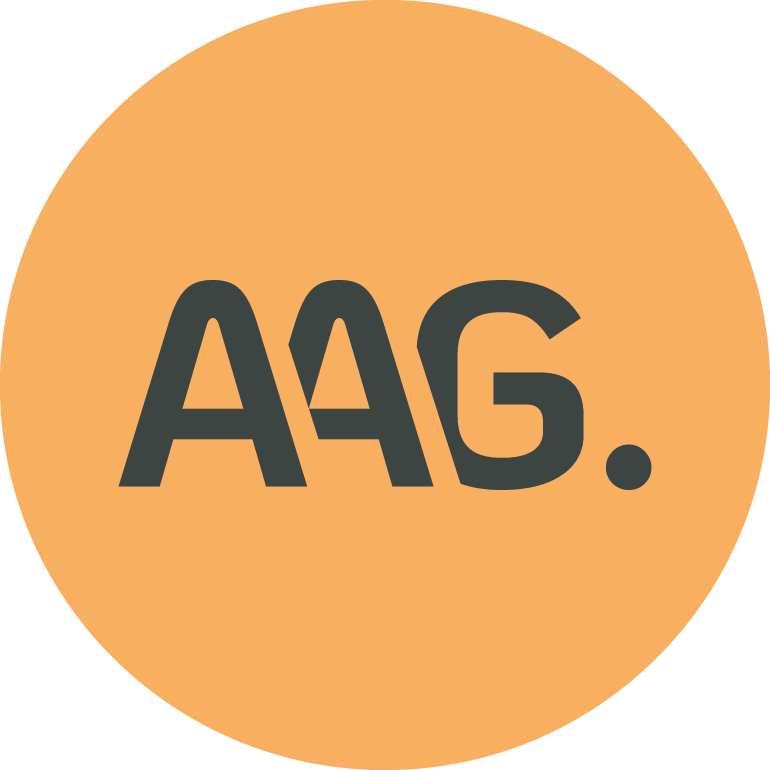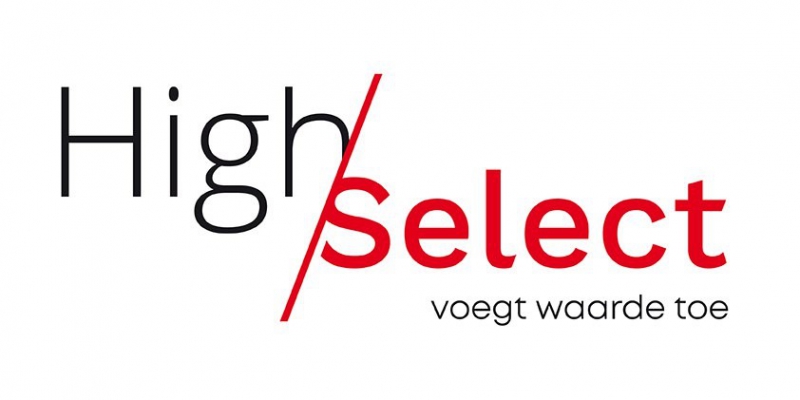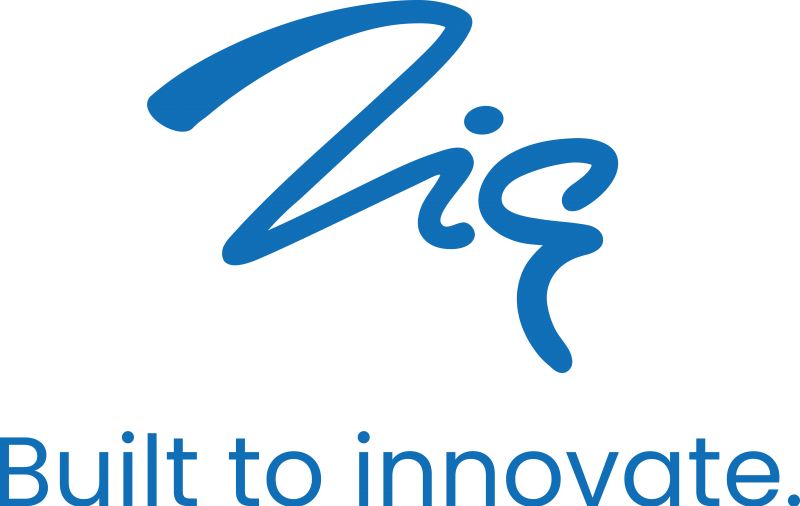On Tuesday the 26th November during the break, the third edition of the Business Administration Reflection Time (B.A.R.T.) took place.
In total, 28 students and 13 staff members joined discussions about the following five themes:
- New strict application deadlines for courses
Focusing on: the new deadlines to apply for courses and the opinion about the expected independence and responsibility of the students. Also, whether the new application deadlines are justified and how to improve them. - Group size of project groups
Focusing on: the ideal size of project groups within courses to collaborate with and to discourage free-riding behavior. - Difficulty of the Bachelor program in comparison to the Master program. Focusing on: the difficulty of the Bachelor program of Business Administration, and whether courses are too easy or too difficult. In addition, the representativeness of the Bachelor program in comparison to the Master program was under discussion, with attention to work pressure and examination.
- Exam structure
Focusing on: the ideal exam structure to test the knowledge of the students. How should an ideal exam be structured regarding multiple choice and open-ended questions. In addition, the question was raised if exams should have gambling correction or not. - SPSS helpdesk
Focusing on: whether students would use an SPSS helpdesk if this would be facilitated for them and how they prefer to test their SPSS skills (should their SPSS skills be tested throughout the course via assignment or only at the final exam).
The total group of students and staff members was divided in 3 groups, wherein both the students and staff members were represented. The results of the session are presented below.
Conclusions
- New strict application deadlines for courses
The dominant opinion is that the deadlines are justified and contribute to the students’ independence. In addition, the deadlines improve the quality of education, because it reduces the workload of teachers and the logistical side of things will be improved in contrast to previous years (such as deadlines and arrangements before the course starts).
Two important comments:
1. Some students argue that the penalty for registering too late for courses is out of proportion, definitely in case there is a legitimate reason for why this happened. For these exceptions to the rule, we, as the OLC student representatives, would therefore advise, that there is clear communication from the university to the students on where they can ask for help.
2. It would be useful if teachers also have a deadline for uploading the course outline, in order for students to make an informed choice for which courses they want to register.
2. Group size of project groups
Eight students in a project group is too much. Three to five is a preferred number of students within a group. The reasons for this are to improve personal sense of responsibility and to discourage free-riding behavior. In addition, dividing a project over too many students does not provide the best quality of education. Situations with eight people in a working group are exceptional. Teachers support the students and consider three or four as the preferred number of students within a group. However, they often feel like they are unable to do this, due to capacity issues.
3. Difficulty of the Bachelor program and the representativeness of the Bachelor program for the Master program.
In general, students and teachers agree on the statement given, that the Bachelor program is currently too easy. The difficulty lies mainly in the number of assignments and in coordinating and making agreements with large groups, than in the material itself. Of course, there are some exceptions, and therefore we should also take into account that some courses are actually seen as more difficult (for example, Corporate Finance). Again, this also depends on the student.
In addition, we should further specify that it is inaccurate to say that the Bachelor program is too easy. One might argue that it is too easy to pass a course, however, obtaining higher grades still asks for in depth studying and therefore could make the study program actually still quite difficult.
An important question asked by the teachers was how many hours students want to spend on their studies, since it is a full-time study. This is an interesting point to take into account, as many students also have additional activities besides their studies that also take time and which prevent students from taking 40 hours a week. Of course, the time a student spends on his/her study also influences how students perceive the difficulty of the program.
In conclusion, the outcome of this statement is that it is not possible to argue that the Bachelor program is currently too easy. However, the discussion definitely should raise some red flags. It is advised to take a closer look at measuring the opinions of students concerning the representativeness and difficulty of the Bachelor program. Further research should aim towards finding out if the program is actually perceived as ‘too easy’. If this would be the case, it should be measured what makes it too easy. In all cases, the quality of the Bachelor program is of high importance and should be a top priority on the agenda.
4. Exam structure
Teachers choose to do a multiple choice or open-ended exam depending on the course objectives and the group size. The ease of use of the multiple-choice format is often mentioned, however, this does not necessarily have to mean that it is wrong. The major difference between a Master's degree (open-ended questions) and a Bachelor's degree (multiple-choice questions) is striking. Teachers argue that the open-ended questions can be used to ask more in-depth questions, and they consider this to be an important aspect in the Master. However, students experience difficulty in the leap from multiple choice in the Bachelor program to open-ended questions in the Master program. In conclusion, it is questionable whether a good quality of education is guaranteed in this way and if students are well prepared for their Master’s degree.
5. SPSS helpdesk
There is already help from a teacher available for students, but it is not widely used. The guarantee that students will start using the help desk has been questioned. The discussion of more continuous SPSS testing within the educational program was widely supported. Students indicate that they are not sufficiently tested for their SPSS skills. According to the teachers: "If students are afraid of doing quantitative research during their thesis, then we have failed."
Possible solutions:
- Assessing workgroup assignments (quantitative)
- Turning quantitative research methods into a six-month course
- Adding a SPSS element to the project of multiple courses during the educational program
The objective for the remainder of the years is to monitor the increased SPSS need during certain moments, like approaching deadlines or exams. If the SPSS consultation hours are too crowded and the waiting line for students is too long, it is advised to add an extra teacher/SPSS expert to help the professor.





.png)




















